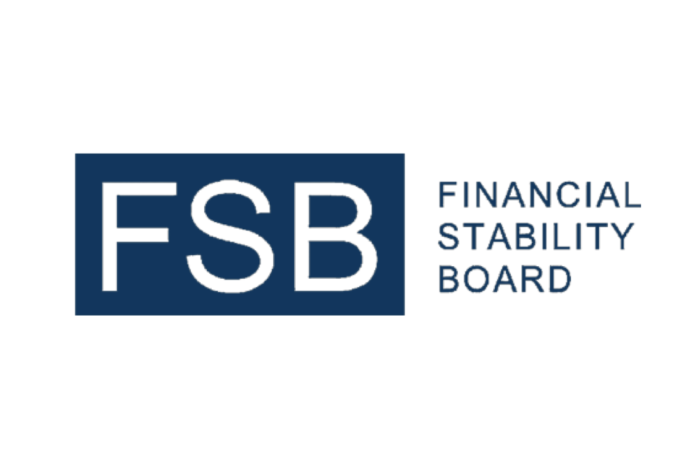
Biden Vows Veto on SEC Crypto Guidance Reversal
The clash between the Securities and Exchange Commission (SEC) and lawmakers over cryptocurrency policy has escalated, with the White House threatening to veto a resolution aimed at reversing the SEC’s controversial accounting guidance, Staff Accounting Bulletin No. 121 (SAB 121). President Joe Biden’s administration contends that SAB 121 is crucial for protecting investors and maintaining financial stability, while critics argue that it stifles innovation and imposes unnecessary burdens on financial institutions.
The resolution, known as H.J. Res. 109, seeks to nullify SAB 121, which requires banks to treat customers’ digital assets as liabilities on their balance sheets, potentially leading to significant capital expenses. Introduced by Rep. Mike Flood and backed by bipartisan support, the resolution aims to address concerns that SAB 121 hampers banks’ ability to engage with digital assets safely and securely.
President Biden’s office issued a statement indicating strong opposition to the resolution, citing the need to safeguard investors and prevent financial instability. The White House argues that limiting the SEC’s regulatory authority could introduce market uncertainty and undermine efforts to maintain a comprehensive financial regulatory framework for crypto-assets.
Despite the White House’s stance, the House of Representatives passed the resolution with significant support, signaling widespread discontent with the SEC’s approach to crypto regulation. Lawmakers argue that SAB 121 represents an overreach by the SEC and undermines the traditional role of highly regulated banks in managing assets on behalf of their customers.
Key figures in the debate include Rep. Patrick McHenry, who chairs the House Financial Services Committee and has been a vocal critic of SAB 121, and Rep. Maxine Waters, the committee’s ranking Democrat, who opposes the resolution, citing concerns about undermining the SEC’s regulatory authority.
The dispute underscores broader tensions surrounding crypto regulation, with stakeholders advocating for greater clarity and consistency in regulatory approaches. Proponents of the resolution argue that SAB 121 lacks transparency and fails to address the unique challenges posed by cryptocurrencies, while opponents contend that overturning the SEC’s guidance could create regulatory uncertainty and weaken investor protections.
The resolution now faces further scrutiny in the Senate, where Sen. Cynthia Lummis has been leading efforts to advance similar legislation. If passed by both chambers of Congress and presented to President Biden, the resolution would require his approval to take effect. However, the White House’s veto threat suggests a potential showdown between lawmakers and the executive branch over the future of crypto regulation.





